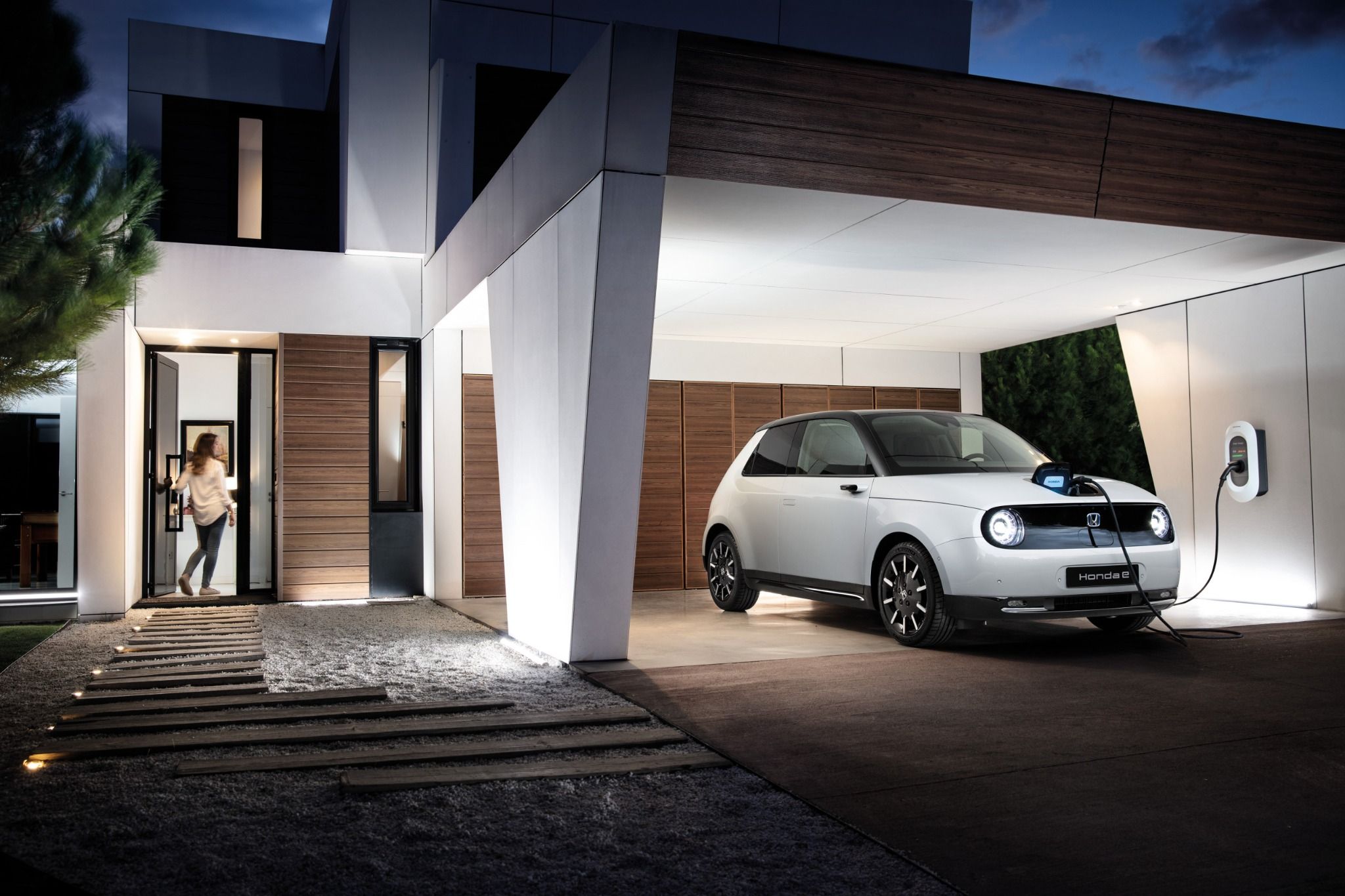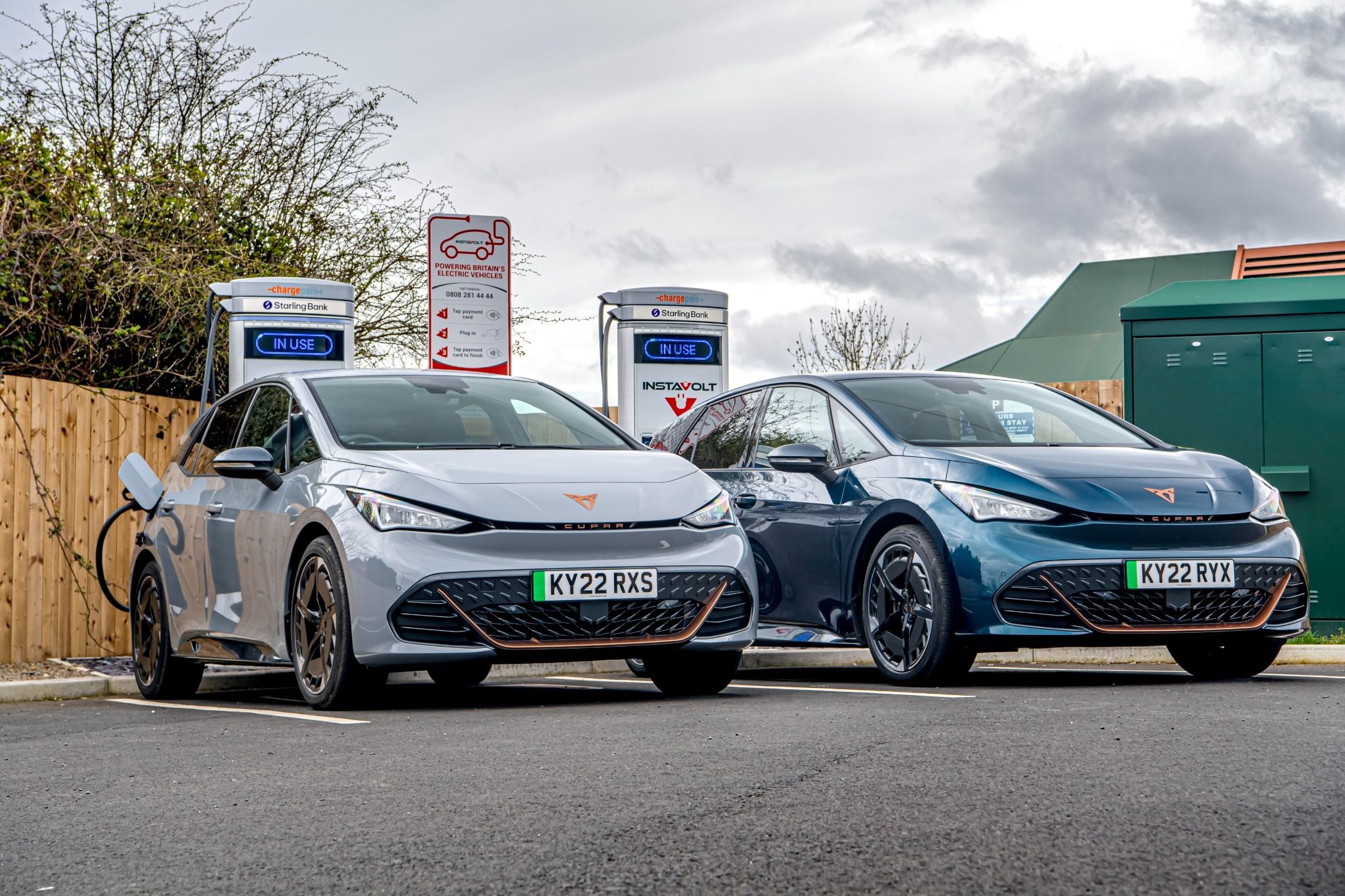It’s hard to ignore the soaring cost of energy in the UK.
Electricity and gas have increased considerably compared to 2021, with inflation brought on by an increasingly unstable world supply.
Under recent calculations, rising energy prices would have seen the cost of charging an electric car at home soar. Still, the Government’s Energy Price Guarantee is going some way to soften the blow.
But what does it mean and how will it affect EV owners? Let’s take a look.
How much would energy have been prior to the cap?
The recent Government announcement means that drivers won’t have to feel the full effect of Ofgem’s planned price cap rise that was due to come into force on October 1.
The planned 54p/kWh cap would’ve sent charge prices rocketing, bringing the cost of charging a typical EV at home to £31.80, according to the RAC.
So how much will a full charge at home be now?
The new agreement means that energy will come in at 34p/kWh, considerably less than under the planned rise. From October 1, an average 64kWh EV will cost around £22.22 to fully charge on average. It’s £3.85 more than it does currently, but is a third less than under the planned new cap.

Will I automatically get this new tariff?
If you have any questions, it’s best to get in touch with your energy supplier. It could be worth ringing them to double-check the exact price of the new tariff to ensure that you’re aware of the price you’re getting.
Though there’s not as much flexibility in tariffs between suppliers - and many are urging you to remain with the same provider - it can always be worth looking around to make sure you’ve got the best possible set up for charging your electric car.
What about public charging?
Public charging isn’t immune from the energy price hikes, of course. Recently, Osprey Energy announced that it would be increasing its charging prices to a hefty £1p/kWh, making it significantly more expensive than others.
However, the Government has yet to disclose what help might be supplied to chargepoint operators which could help keep prices level. The RAC is calling for the 20 per cent VAT applied to public charge points to match the five per cent rate applied to domestic energy.

How do I find the best public charging prices?
As always, you’re still able to shop around to make sure that you’re paying a price for public charging that’s right for you. Websites such as Zap-Map allow you to check out charge points near to you, see what speed they’re capable of delivering and - most importantly - how much they’ll cost.
Just remember to double-check any parking restrictions that may be in place for a charger, as some locations do have time limits.